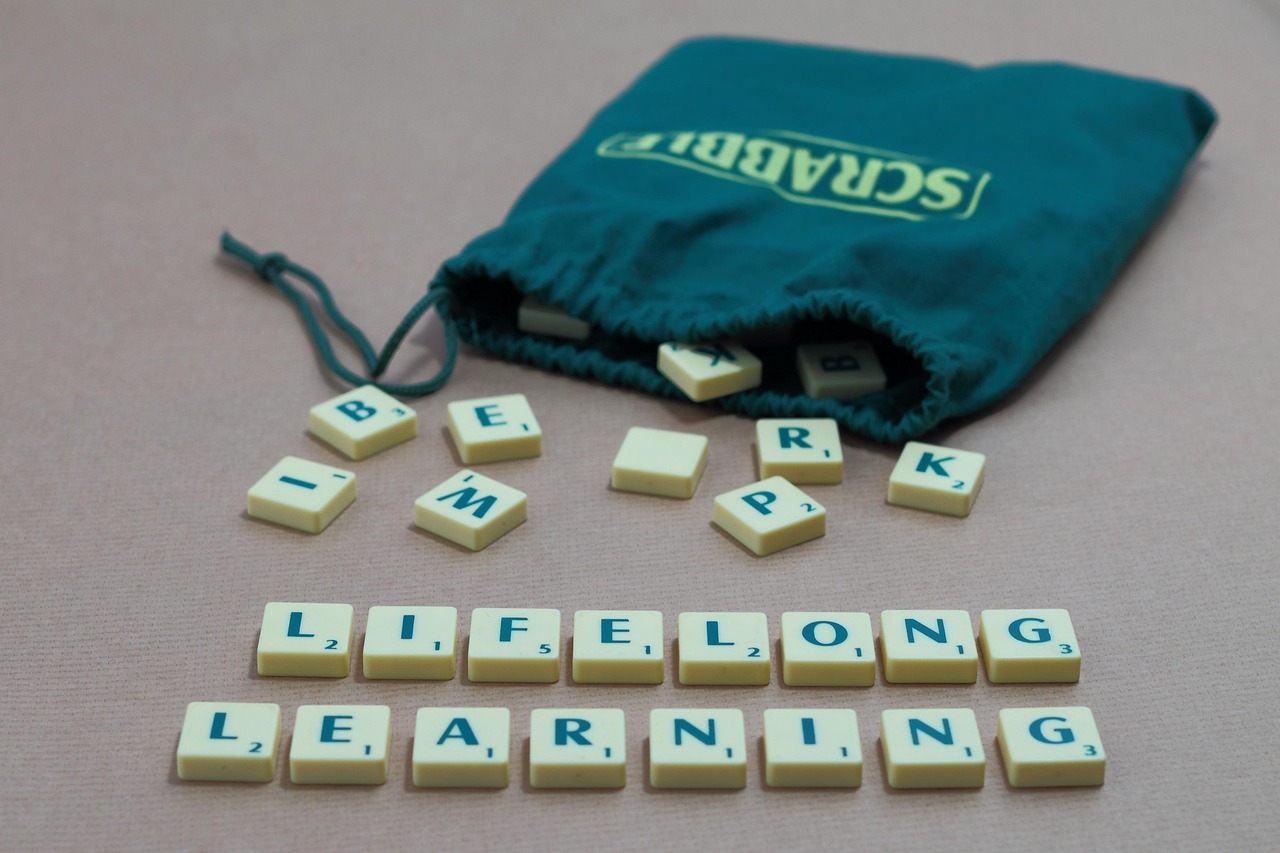NFT-Documented Personal Journals: A New Frontier in Digital Archiving

In the evolving landscape of digital technology, Non-Fungible Tokens (NFTs) have emerged as a groundbreaking medium for authenticating and preserving digital content. While NFTs have predominantly been associated with digital art and collectibles, their application in documenting personal journals is garnering increasing attention. This nascent trend is redefining how individuals perceive ownership, privacy, and the permanence of their written thoughts and experiences.
Personal journals have historically served as intimate repositories of thoughts, reflections, and experiences. Traditionally, these were physical books, vulnerable to the ravages of time and the risks of physical damage or loss. In the digital age, however, personal journaling has shifted significantly towards digital platforms, raising questions about data security, privacy, and authenticity. With the introduction of NFTs, the concept of personal journals is undergoing a transformative change, promising enhanced security and a new kind of permanence.
An NFT is a unique digital identifier that certifies ownership of a digital asset, stored on a blockchain. This technology allows for the creation of an immutable record of ownership, providing a layer of security and authenticity previously unattainable in digital formats. By converting personal journals into NFT-documented assets, individuals can ensure that their personal writings are both secure and verifiable.
Advantages of NFT-Documented Personal Journals
- Authenticity and Ownership: NFTs provide unequivocal proof of ownership and authenticity. Each entry in a personal journal can be uniquely identified and attributed to its creator, ensuring that the content remains unaltered and genuinely theirs.
- Immutable Record: By storing journals on a blockchain, each entry becomes part of an immutable ledger, resistant to tampering and deletion. This permanence is particularly appealing for those concerned with preserving their personal histories.
- Privacy and Security: While traditional digital journals are often subject to privacy breaches, NFT-documented journals offer enhanced security features. Users can control access through cryptographic keys, ensuring that only authorized individuals can view the content.
- Monetization Opportunities: Although not the primary intention, some individuals may choose to sell their journals or specific entries as collectible items. The NFT framework facilitates such transactions by providing a secure and verifiable method of transfer.
Challenges and Considerations
Despite the promising advantages, the integration of NFTs into personal journaling is not without challenges. One significant concern is the environmental impact of blockchain technologies, particularly those using proof-of-work consensus mechanisms, which can be energy-intensive. Efforts to transition to more sustainable alternatives, such as proof-of-stake, are ongoing but not yet universally adopted.
Moreover, the permanence of blockchain records presents its own set of challenges. Once an entry is minted as an NFT, it becomes a permanent record, making the deletion or alteration of sensitive information difficult. Individuals must exercise caution and foresight in deciding what to document in such an immutable format.
Another consideration is the accessibility and technological literacy required to utilize NFTs effectively. While the tech-savvy population may find the integration seamless, others may face a steep learning curve, potentially limiting widespread adoption.
Global Context and Future Outlook
The concept of NFT-documented personal journals is part of a broader movement towards decentralized and secure digital environments. As digital natives grow increasingly concerned with privacy and data security, the demand for reliable methods of digital documentation is likely to expand. Furthermore, as blockchain technology matures and becomes more sustainable, its application in personal data management is expected to broaden.
Globally, the conversation around digital sovereignty and data ownership is accelerating. Legislative actions are being considered in various regions to address digital rights and privacy concerns. In this context, the use of NFTs for personal journals could be seen as a proactive approach to ensuring individual control over personal data.
In conclusion, NFT-documented personal journals represent a significant step forward in the digital documentation of personal experiences. While challenges remain, their potential to provide secure, authentic, and immutable records of personal history is undeniable. As technology continues to evolve, so too will the ways in which individuals choose to record their lives, with NFTs playing a pivotal role in this ongoing narrative.














